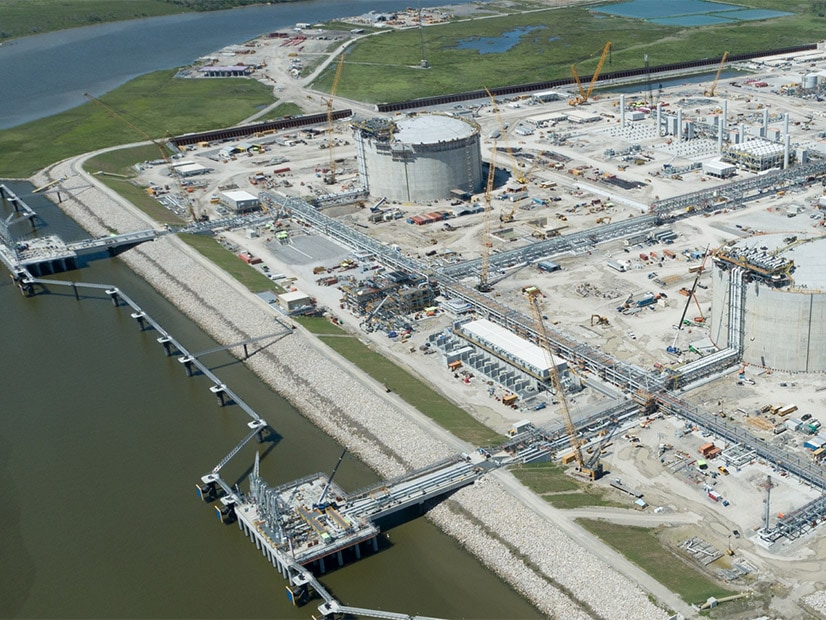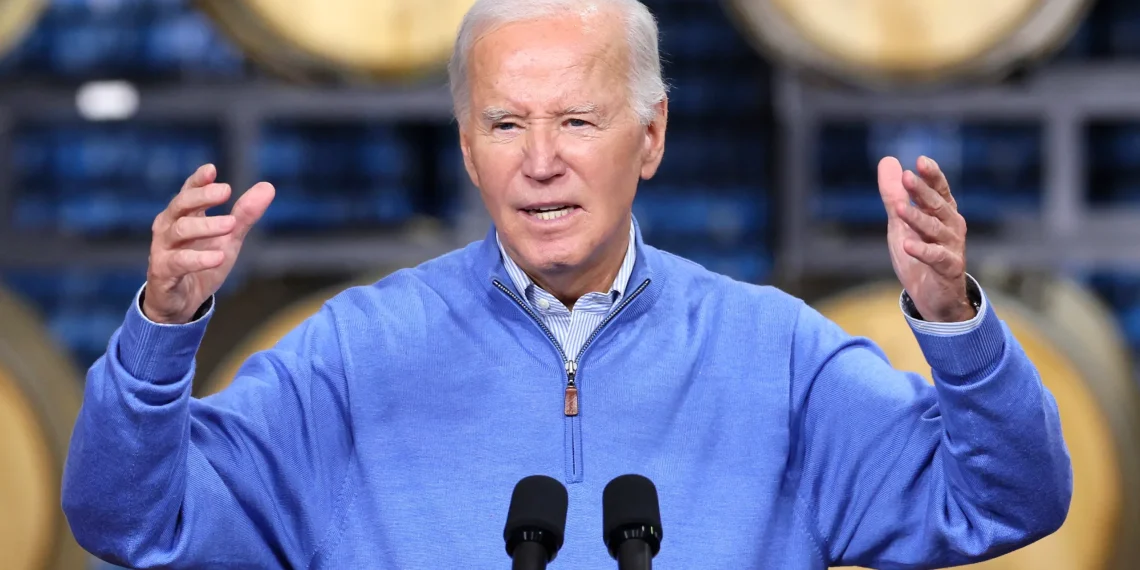President Joe Biden has halted approvals for new liquefied natural gas (LNG) projects, prompting a review by the Department of Energy (DOE) to assess economic and environmental impacts.
The pause could impact decisions on new LNG plants until after the November 5 election. The DOE’s review, set to take months, will be open to public comment. Biden aims to evaluate LNG exports’ effects on energy costs, security, and the environment, emphasizing climate concerns.
The administration assures exemptions for national security needs to prevent harm to allies. Concerns in Europe and Asia about steady U.S. gas supplies amid efforts to reduce reliance on Russian pipelined gas drive demand.
The last review was in 2018 when export capacity was 4 billion cubic feet per day; now, the U.S. is the top LNG exporter, facing environmentalist protests.
Environmentalists applaud the move, citing potential harm to local communities and long-term global fossil fuel reliance. U.S. industries, including chemicals, steel, food, and agriculture, oppose unrestricted gas exports due to fuel price and reliability risks.
Only four projects with export approvals pending at the DOE will be affected, potentially including those by Sempra Infrastructure, Commonwealth LNG, and Energy Transfer. Sempra aims to displace carbon-intense fuels and provide gas to allies.

Biden’s approval of oil and gas projects in Alaska last year drew criticism. Climate activists focus on stopping Venture Global’s Calcasieu Pass 2 (CP2) LNG project in Louisiana, the nation’s largest terminal. CP2, facing potential impacts from the pause, involves Germany as a significant customer.


















